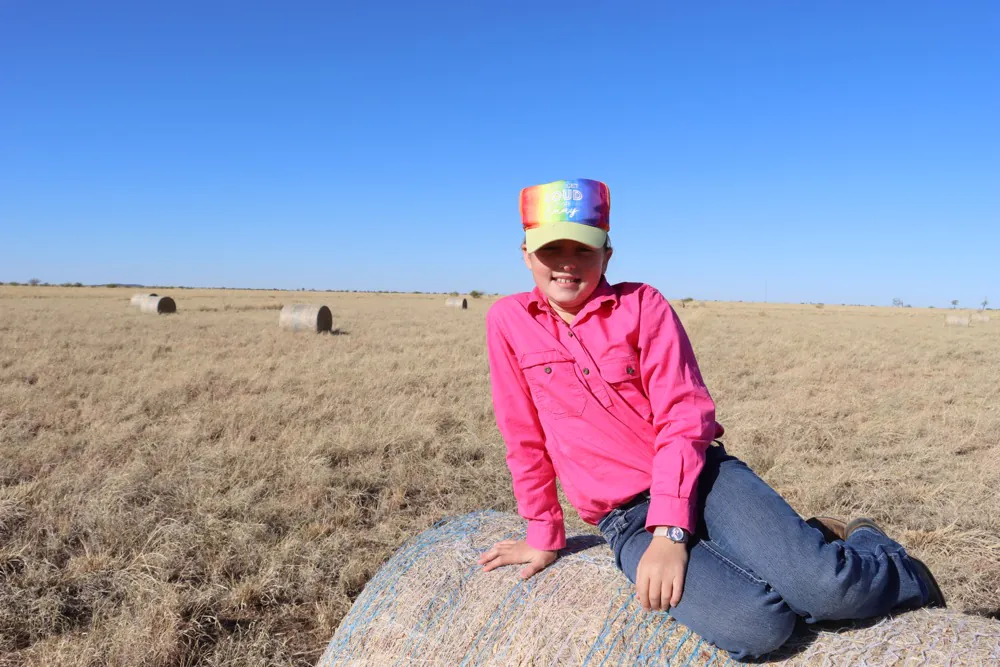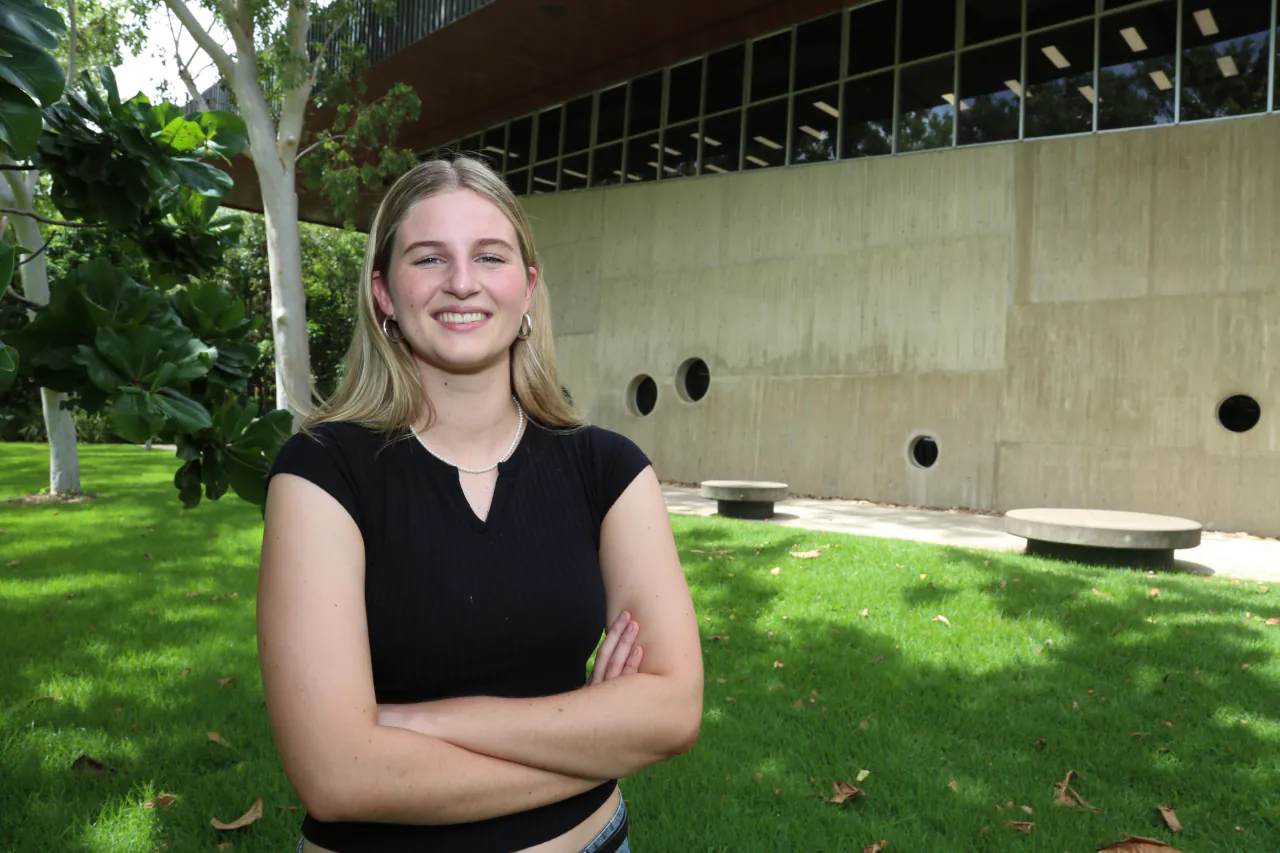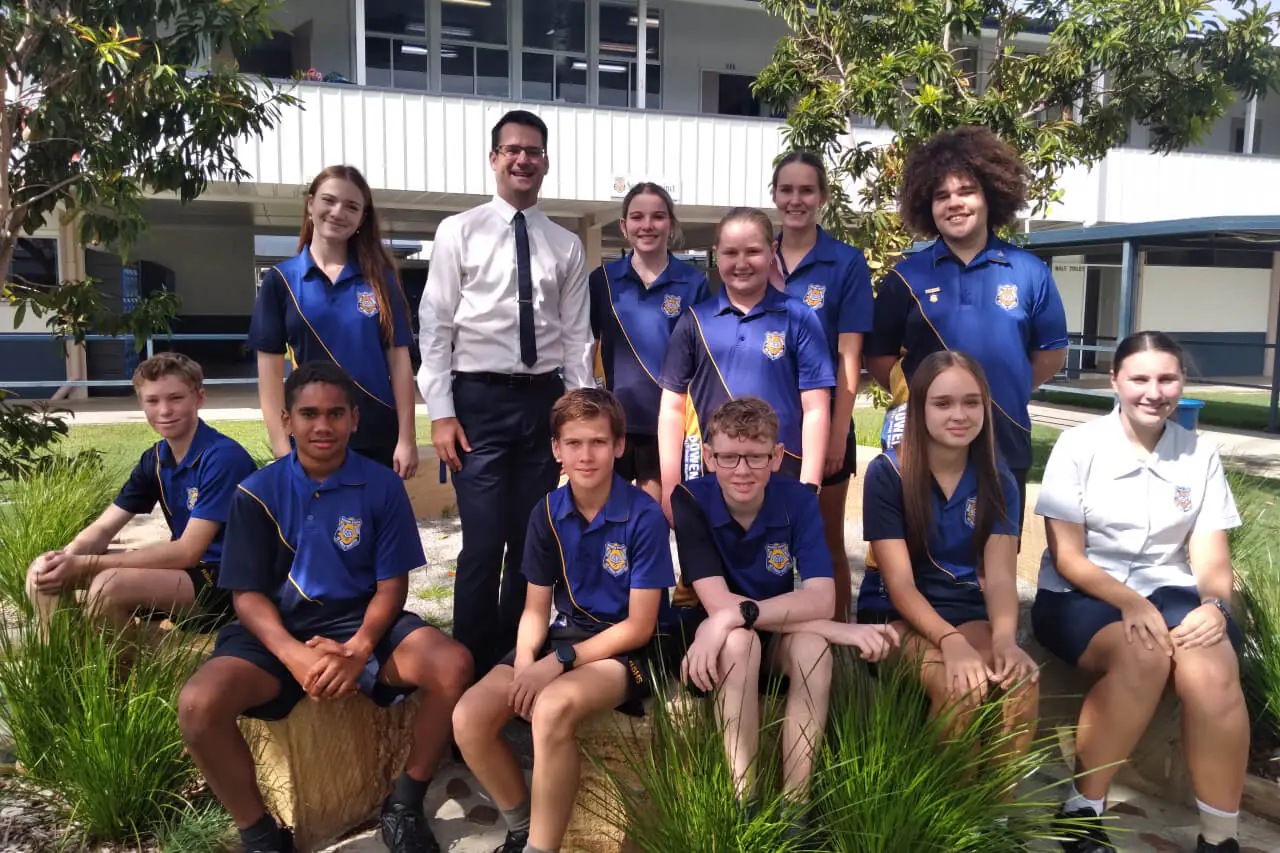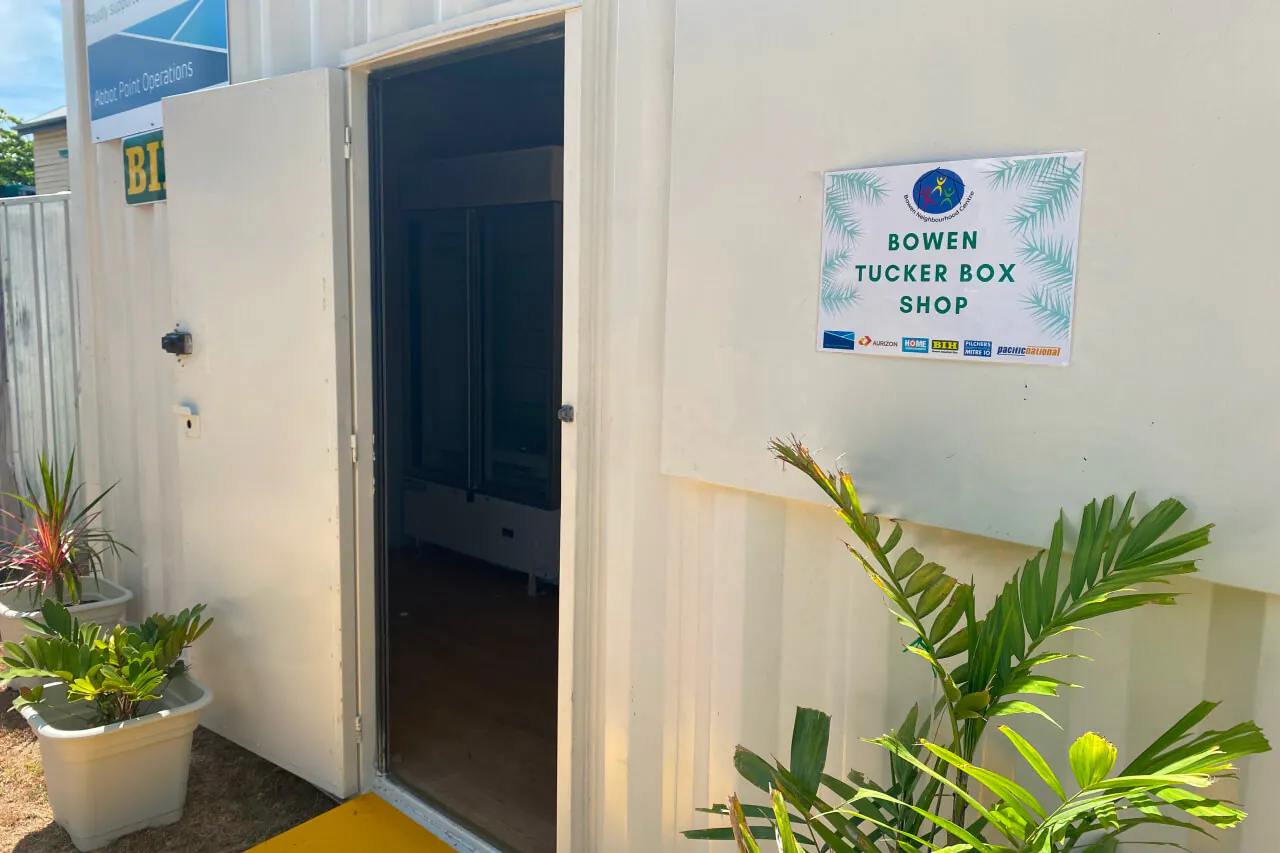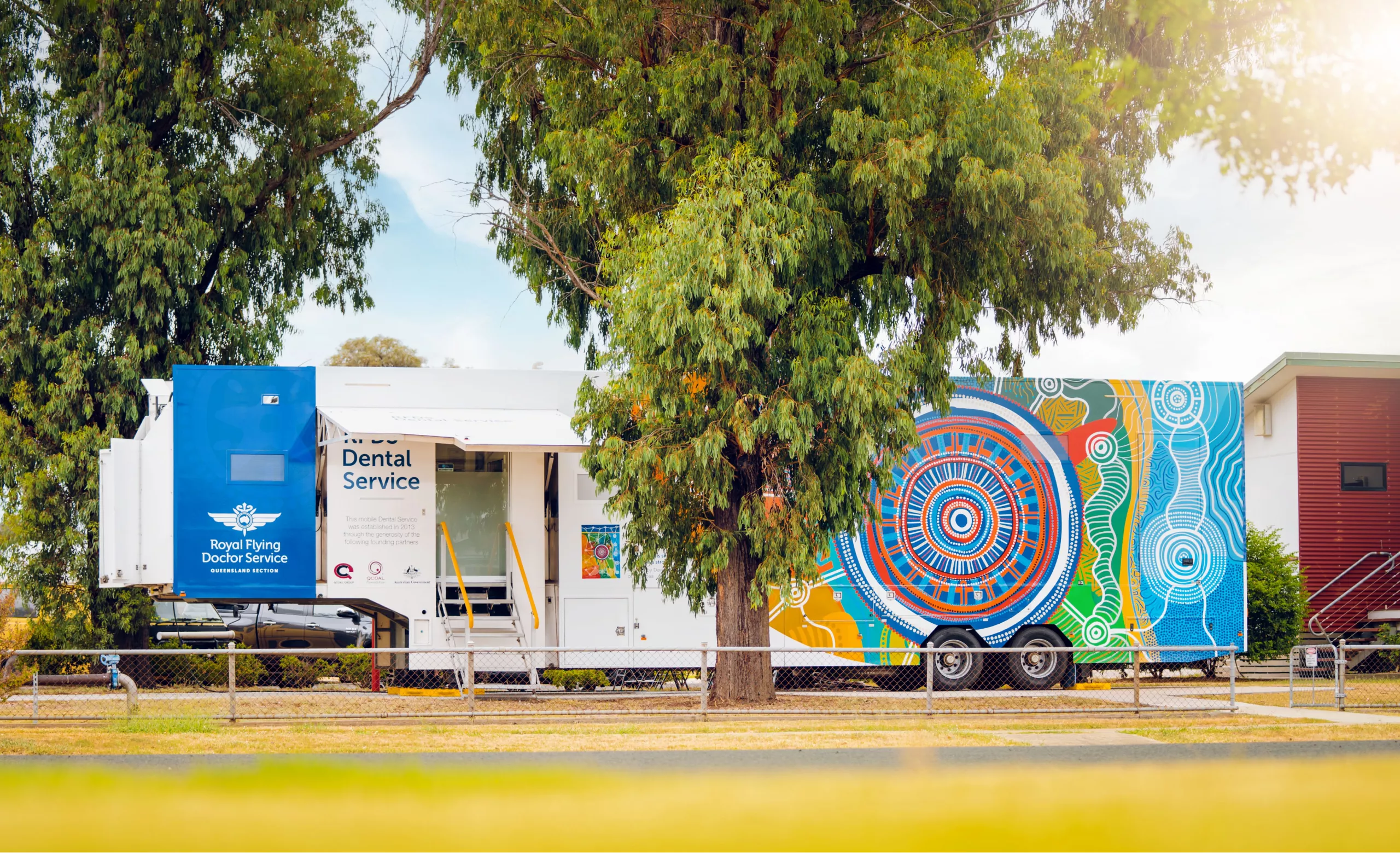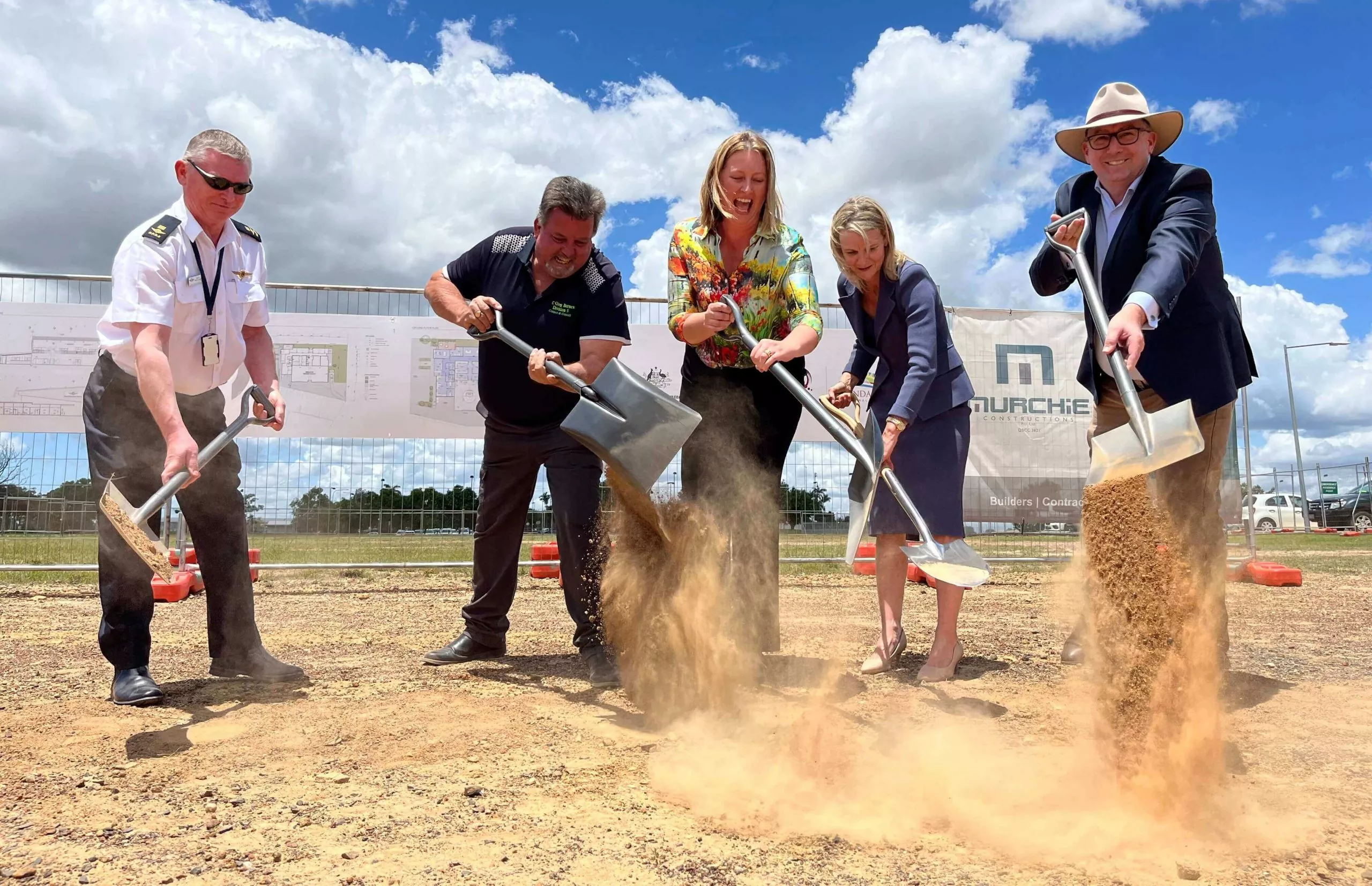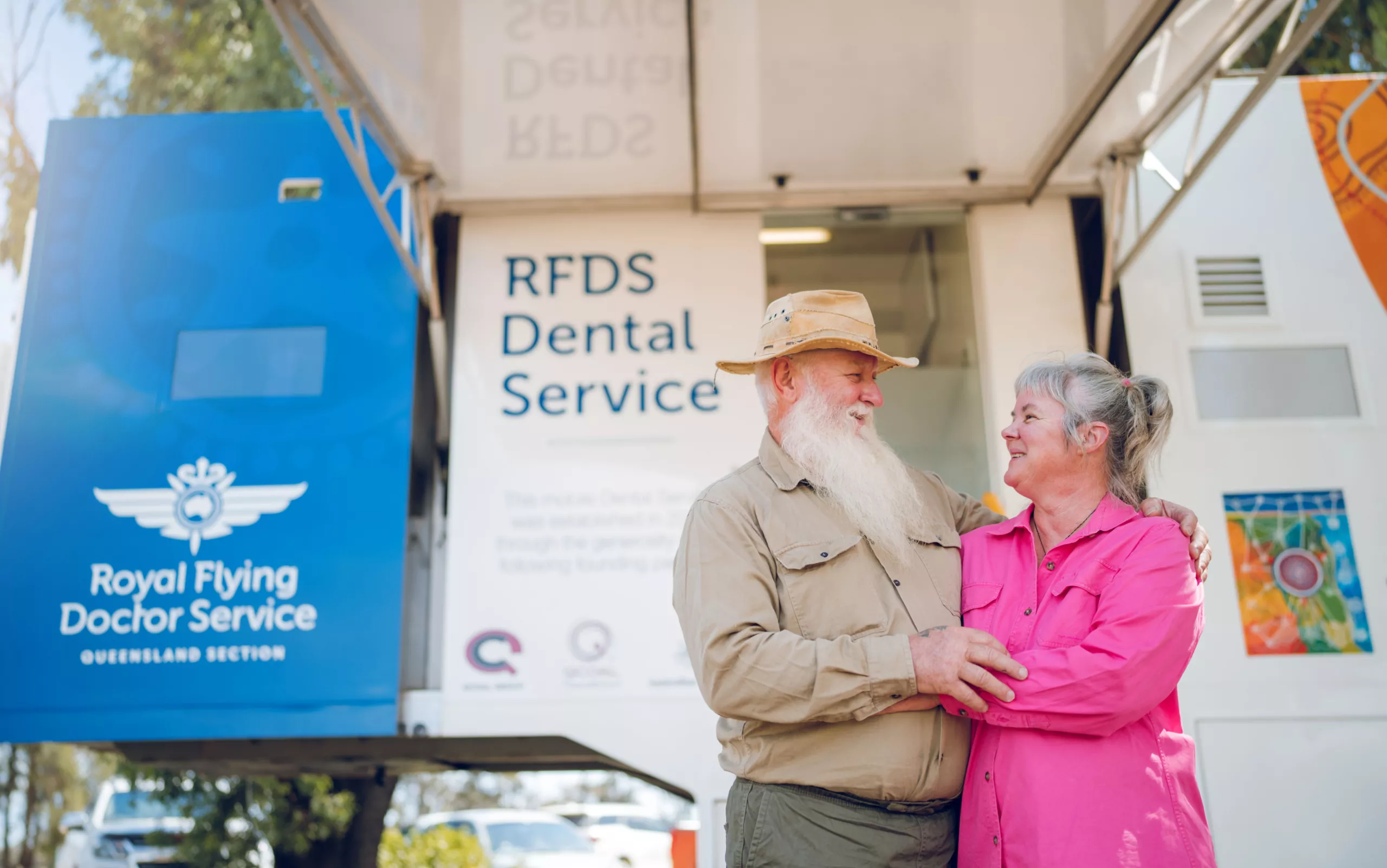
Building resilient regional and remote Queensland communities.
Our Stories
Why we use a Social Venture Approach to Philanthropy
Since 2011, the QCoal Foundation has been committed to building resilient regional and remote Queensland communities, specifically through the pillars of health, education, and liveability. To achieve this, we have focused on applying our social venture approach to philanthropy, resulting in measurable and sustainable benefits.
The social venture approach is based on identifying community need, working with community and not-for-profit partners to develop creative solutions, and using philanthropic funding to support these solutions during a trial phase which measures effectiveness. The trial data underpins the assessment of the solution and, where solutions are successful, the development of a sustainable funding to support long lasting community benefits.
Our partnership with the Royal Flying Doctor Service (RFDS) Queensland Section, and the operation of the RFDS Dental Service, is a clear example of the positive outcomes of the social venture approach in action.
The RFDS Dental Service was developed in response to a chronic lack of oral healthcare in regional Queensland. The service was designed to provide dental care from a state-of-the-art semi-trailer that includes dental surgeries, as well as an OPG facility that allows the dental team to take full mouth x-rays on board. The inclusion of the OPG set this service apart from others and brought world-class technology to remote communities.
After more than eight years of operation, significant data has been collected to understand gaps in oral health service delivery in regional Queensland, as well as the value of the mobile service delivery model. This data formed the basis of research conducted by Queensland firm BDO which quantified the very real benefit of our social venture approach and partnership with the RFDS.
The report revealed that between 2013 and 2019, the RFDS Dental Service visited 24 rural and remote communities in Queensland and provided over 15,000 patient visits. During these visits, over 76,000 dental treatments and procedures were provided. During that period the service produced $15 million of economic and social benefits to patients.
Timely preventative dental care is important to maintain oral health and identify early signs of disease. A favourable dental health visiting pattern is considered to include a dental check-up once a year with a regular dentist. Despite this, only 60% of Australians report visiting a dental professional in the last 12 months. People in regional and remote communities are even less likely to visit, even when in need.
The key barriers to access to dental care for Australians living in regional and remote communities include:
- Cost: 22% of people living in regional and remote areas report cost as a major reason to delay or avoid visiting a dental professional. This compares to 17% in major cities.
- Distance: more than 90% of dentists are located in major cities. The average round trip for a patient surveyed for the BDO report is 235 kilometres, making a trip to the dentist a time-consuming and costly exercise.
- Knowledge and attitudes to oral health: People’s knowledge and attitudes play a critical role in shaping an individual’s dental health status over the long run. The role of educating members of the community helps to prevent poor oral health by improving general oral health awareness and overcoming feelings of nervousness associated with visiting the dentist.
The mobile service model developed through the social venture partnership overcame distance and cost as barriers. In addition, the RFDS Dental Service was able to improve community oral health awareness through school visits and individual patient training. 30% of patients reported that they would not have sort treatment if the RFDS Dental Service didn’t exist.
A key finding of the BDO report was that for every $1 in funding provided to the RFDS Dental Service, $1.80 of economic and social benefit was returned to the community. The report supported our long-held view that this model of mobile dentistry is the most effective approach in a rural and remote setting. The data further quantified the longer-term benefit to the broader health system of $800,000 in economic benefit from avoided GP and hospitalisation costs alone.
More importantly for the QCoal Foundation and its mission to build resilient regional and remote communities, the report outlined improved community oral health awareness, improved reach of dental care and improved social capital in local communities that were visited by the dental service.
When combined, these factors strongly support the model of service delivery – especially for those in the most remote locations. This outcome also strongly endorses our social venture model of philanthropy.
Overall, the report supported the anecdotal evidence both QCoal Foundation and the RFDS had been receiving over the years from patients, health care professionals and local Governments who seek out service delivery for their communities.
For the QCoal Foundation, we remain immensely proud of our partnership with the RFDS and of the outcomes of the Dental Service which are a benchmark for our future collaborations and, we hope, an inspiration for others in the philanthropic sector.

